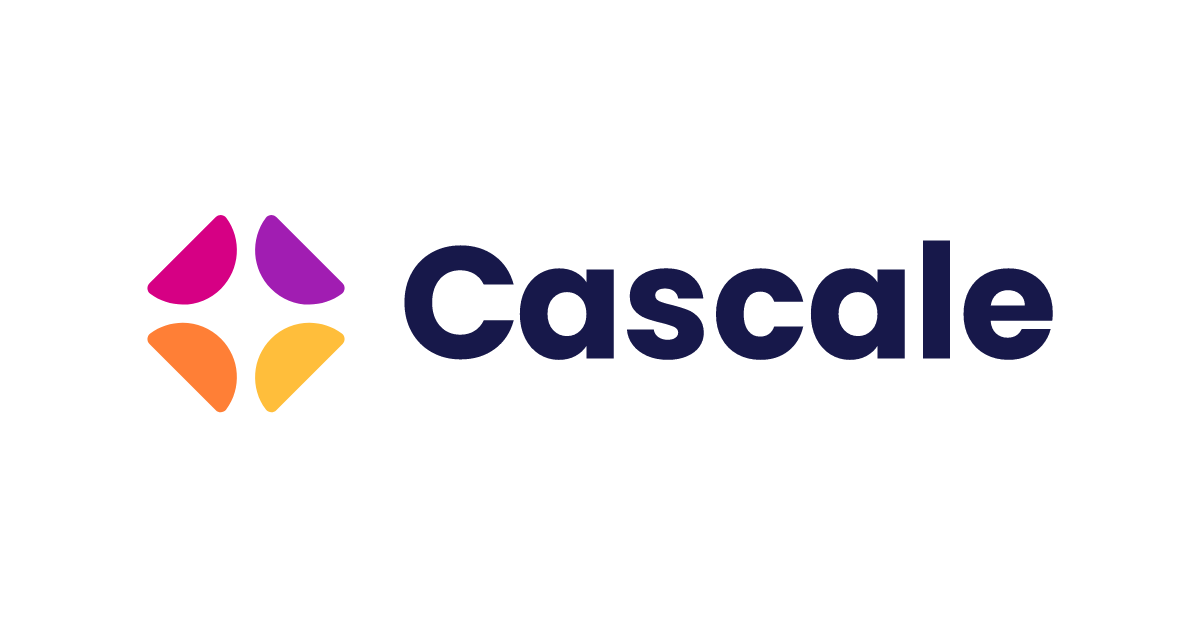Sustainable Apparel Coalition Joins CEO Dialogue at Net Zero Pakistan

Jeremy Lardeau, Vice President of the Higg Index at the Sustainable Apparel Coalition, joined the CEO Dialogue at a recent Net Zero Pakistan event to engage with industry leaders and share insight on how the industry can collectively work together to enable a net zero future for Pakistan’s textile sector.
Lardeau spoke on the “Positioning Pakistan as a Sustainable Textile Export Hub - Learning from Global Manufacturing Nations” panel with Laila Petrie, CEO of 2050.cloud, climate journalist Afia Salam, and Dr. Shamshad Akhtar, former State Bank Governor and Trustee of PET. The goal of the discussion was to provide insights on Pakistan’s decarbonization progress as compared to other manufacturing countries, share examples of large-scale global decarbonization interventions, and discuss the role of media in shaping the narrative around sustainability initiatives.
Lardeau highlighted the fact that, on a macro level, Pakistan faces significant challenges in transitioning to net zero as the economy and its GDP is heavily dependent on fossil fuels: Currently, 64% of electricity comes from fossil fuels, 27% from hydropower, and 9% from nuclear and renewable energy sources. He noted that it is one of the top 10 countries where it is critical to support collective action on decarbonization.
In 2021, the country committed to reduce GHG emissions by 30% by 2030 under the Nationally Determined Contributions (NDCs) that are critical to the Paris Agreement. To achieve this goal, the Pakistan Government plans to increase its renewable energy in its electricity mix to 60% compared to the current level of 4% — a transition that will require significant investment in infrastructure and advanced technology.
Prior to attending the conference, Lardeau’s team analyzed data from the SAC’s Higg Facility Environment Module (FEM) and found that of the nearly 300 facilities in Pakistan that use the tool, 75% have been verified. The facilities are heavily reliant on fossil fuels — 58.3% of energy comes from burning natural gas and 22.7% comes from burning coal — and their total emissions are 4.15 megatons CO2e annually.
In response to a discussion of PET’s exploration of a biomass supply chain project that could help phase out coal, Lardeau referenced huge opportunities to scale renewables at Pakistan’s facilities, which currently have a .19% adoption rate. He also referenced the upcoming Higg FEM 4.0 release, which will better support collaborative efforts to drive change.

